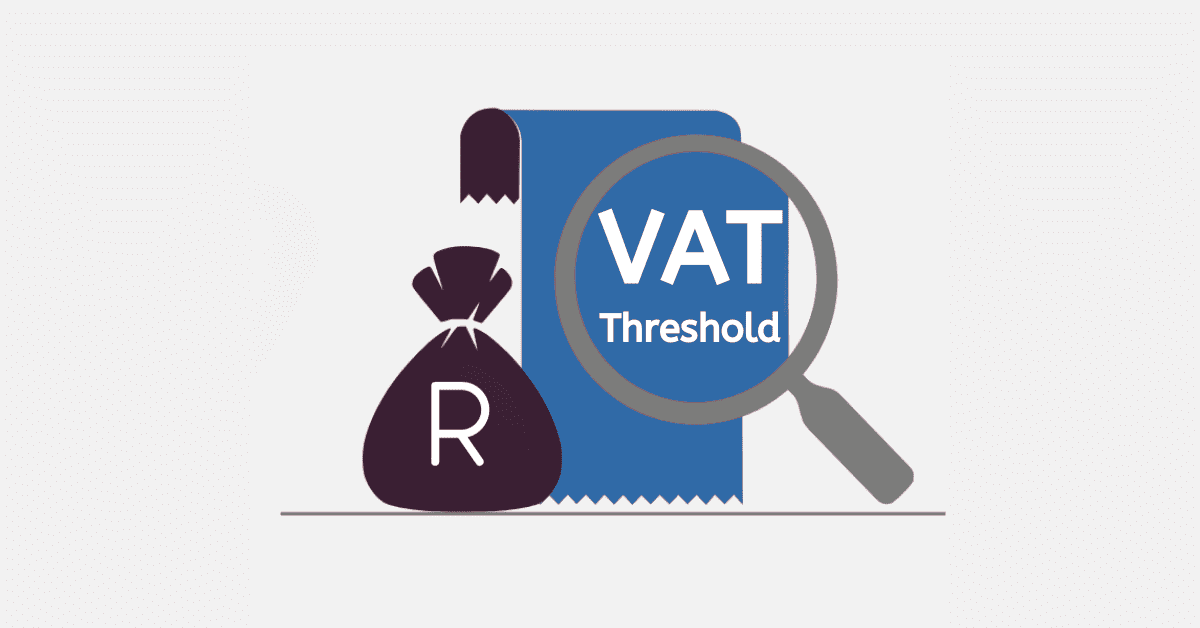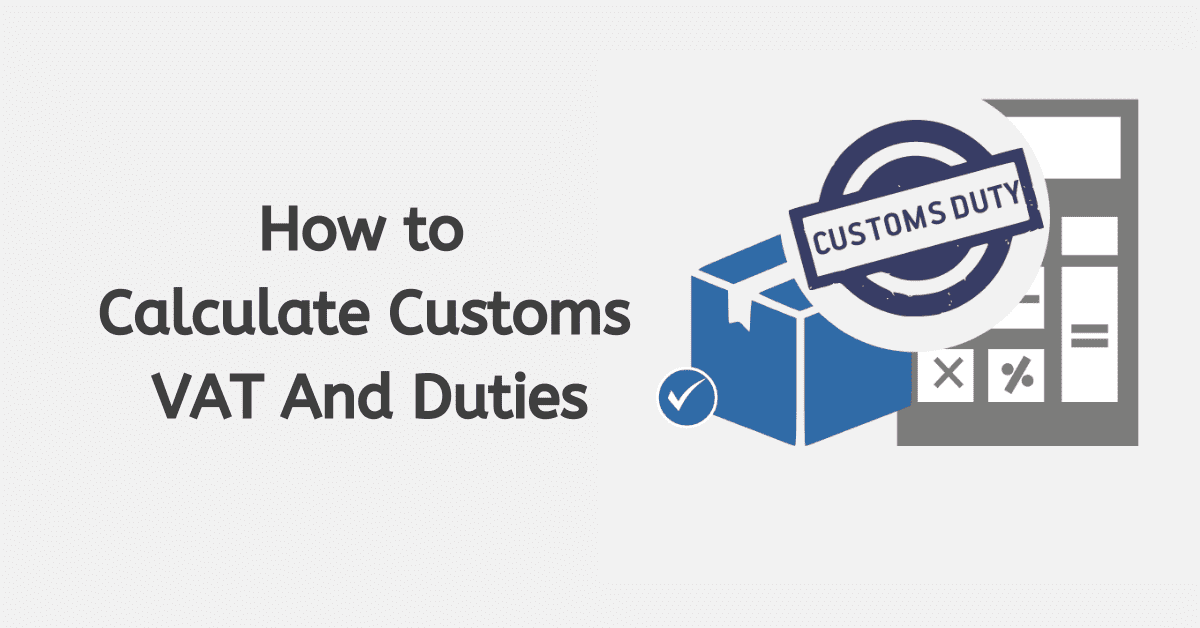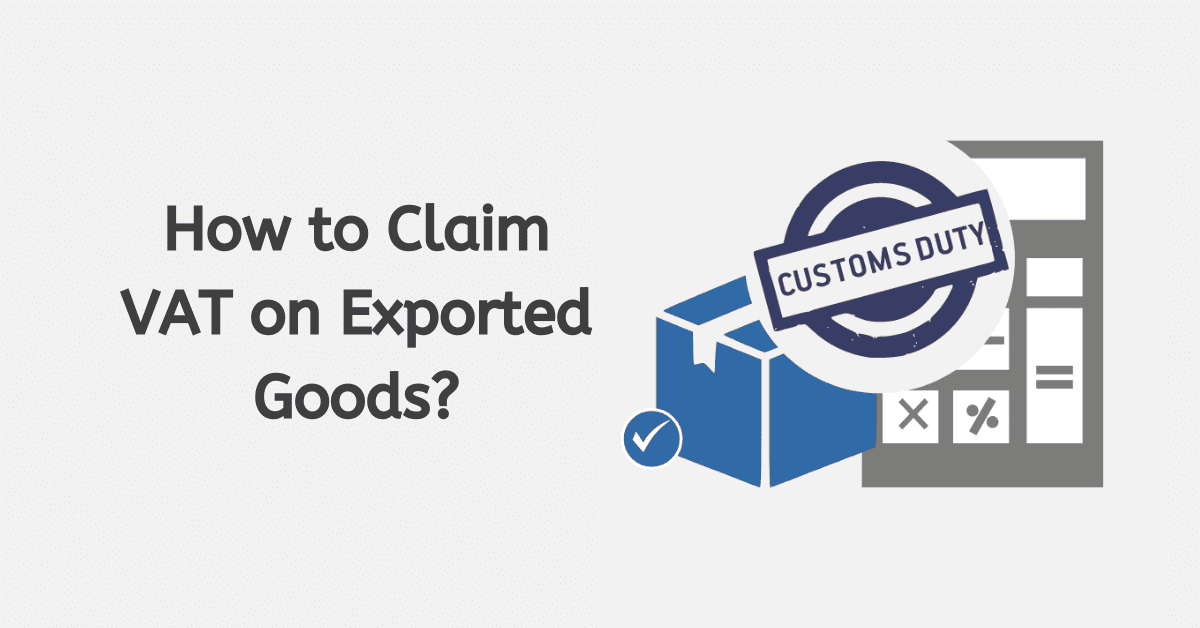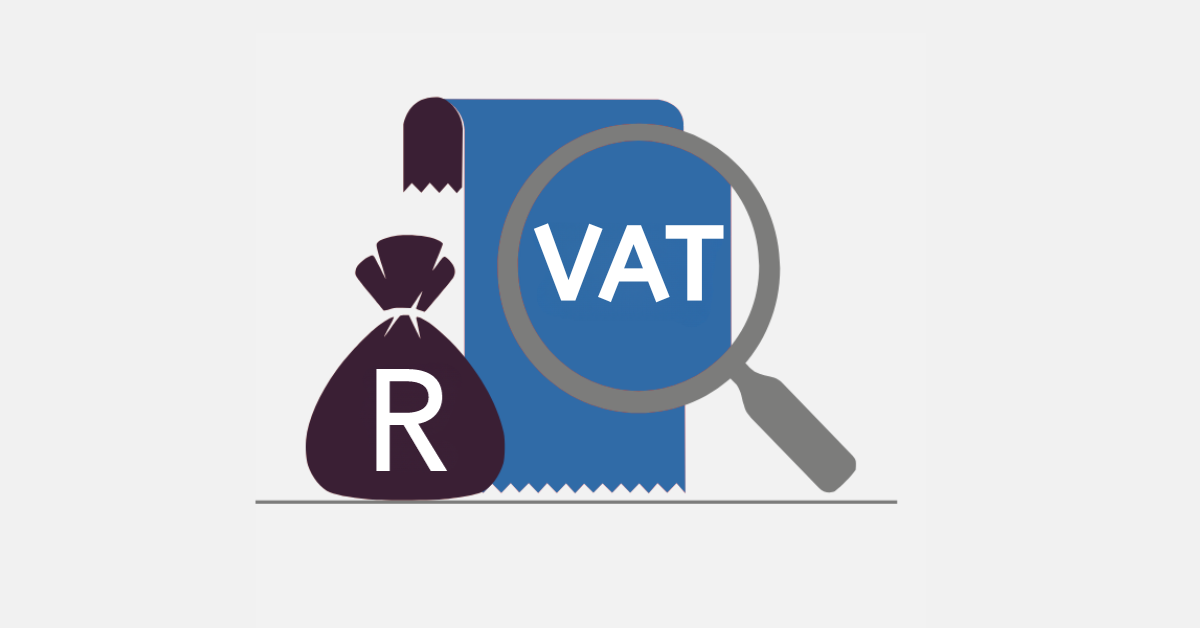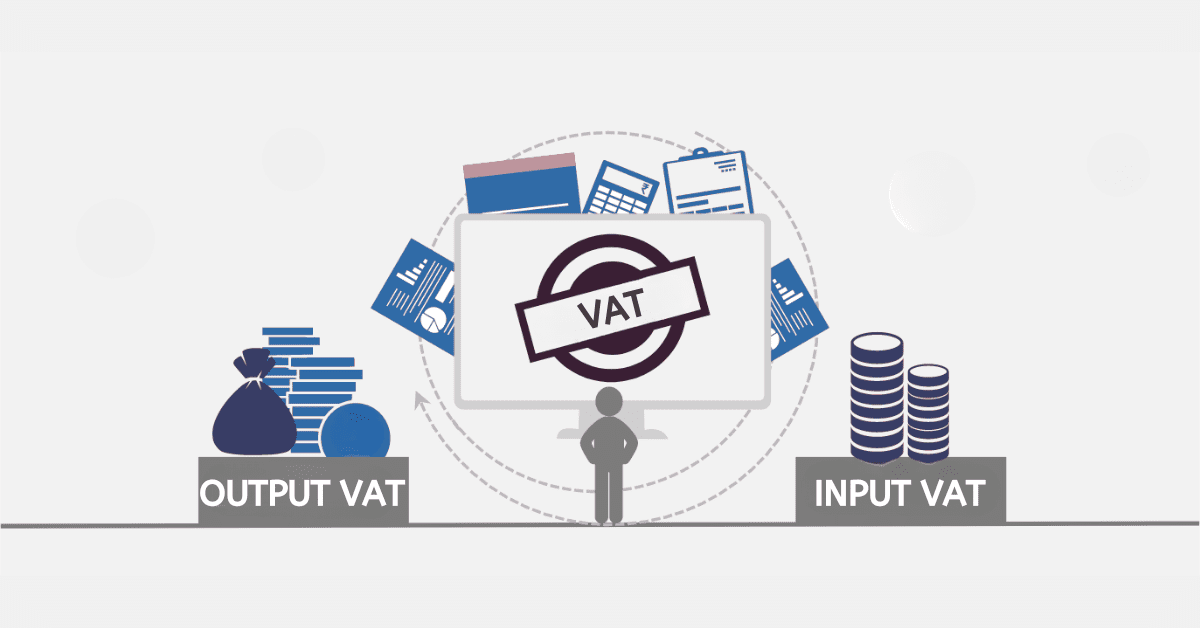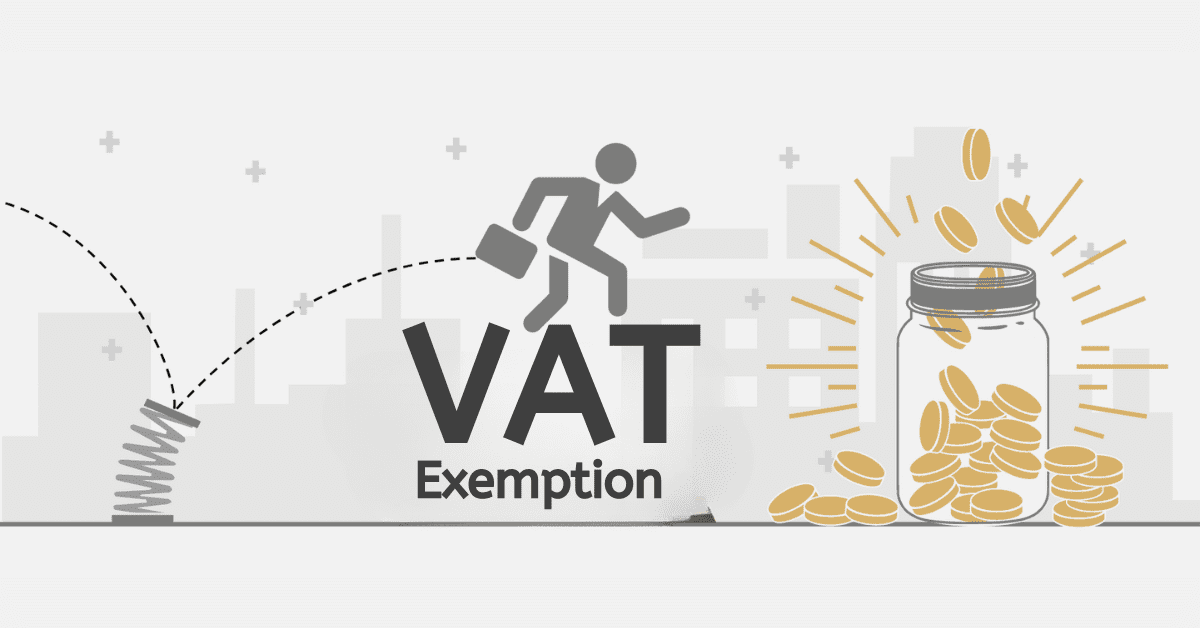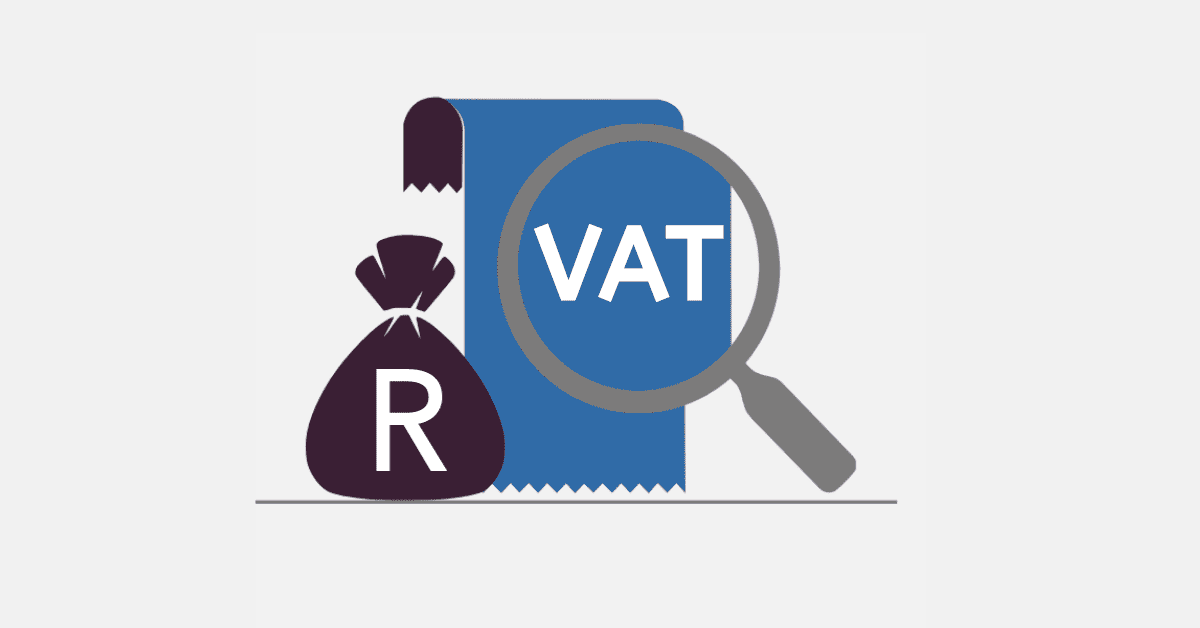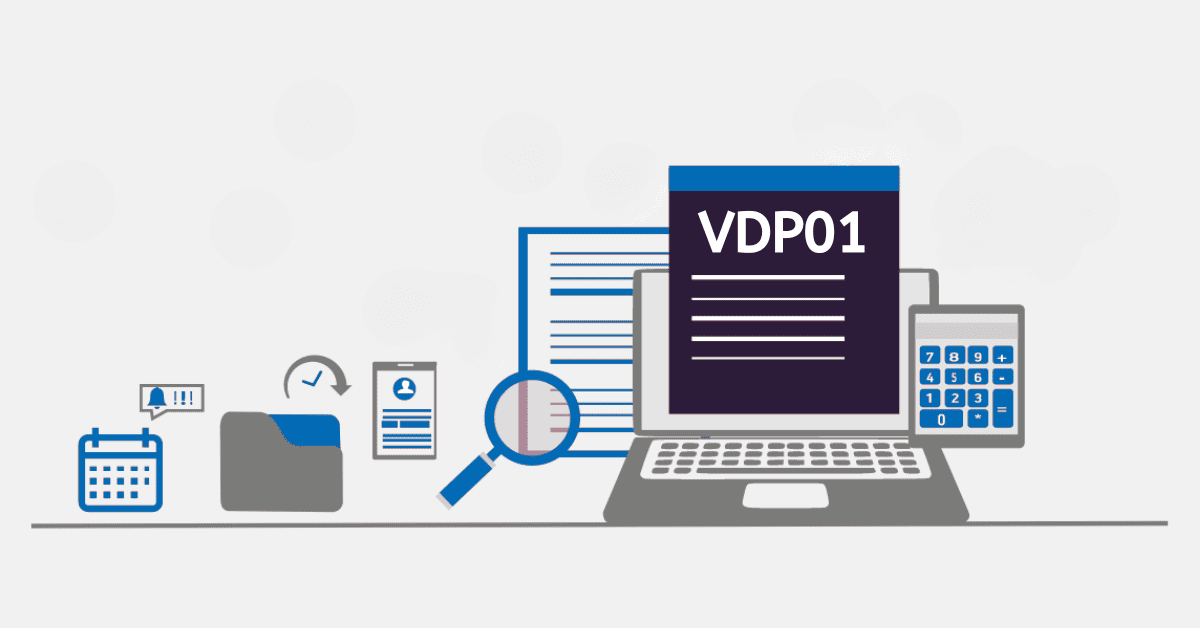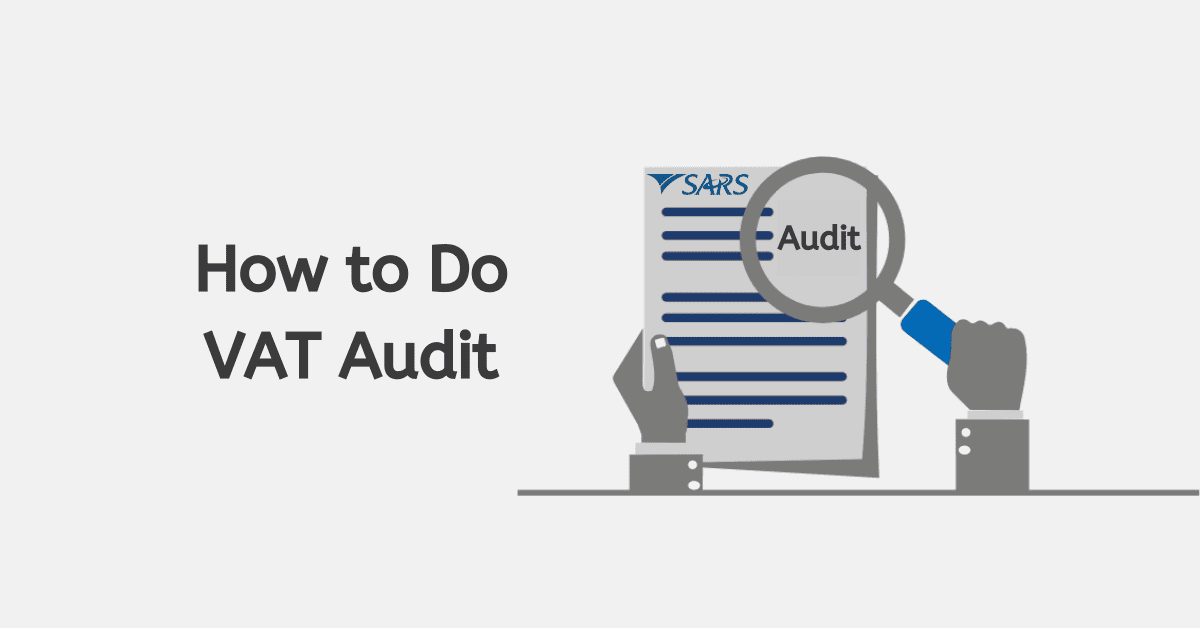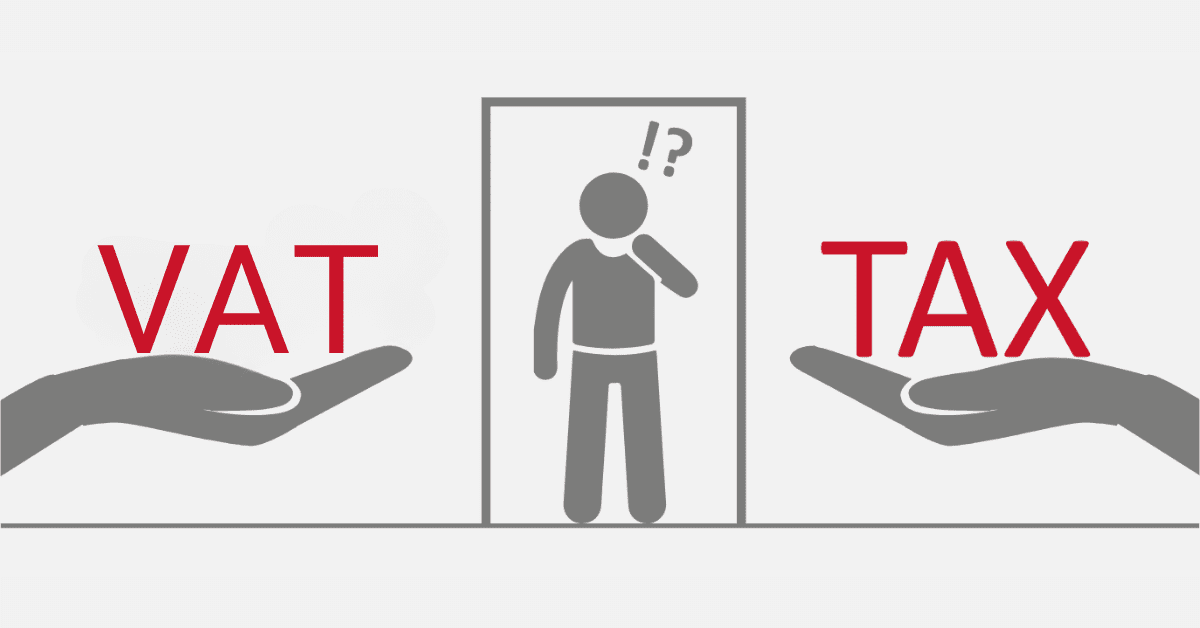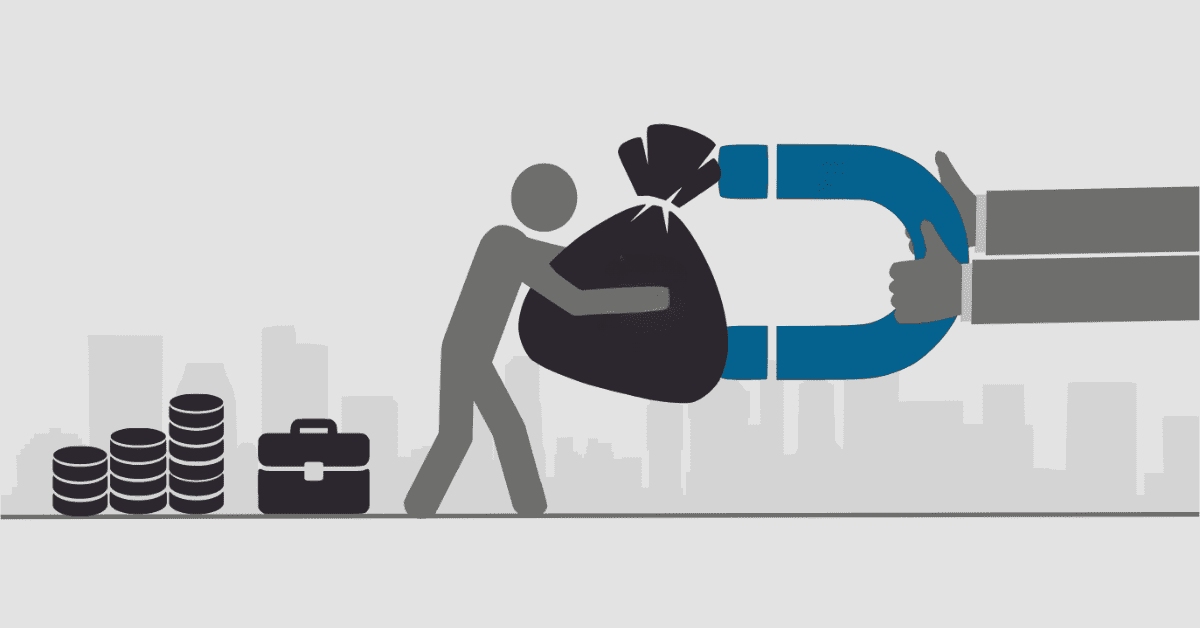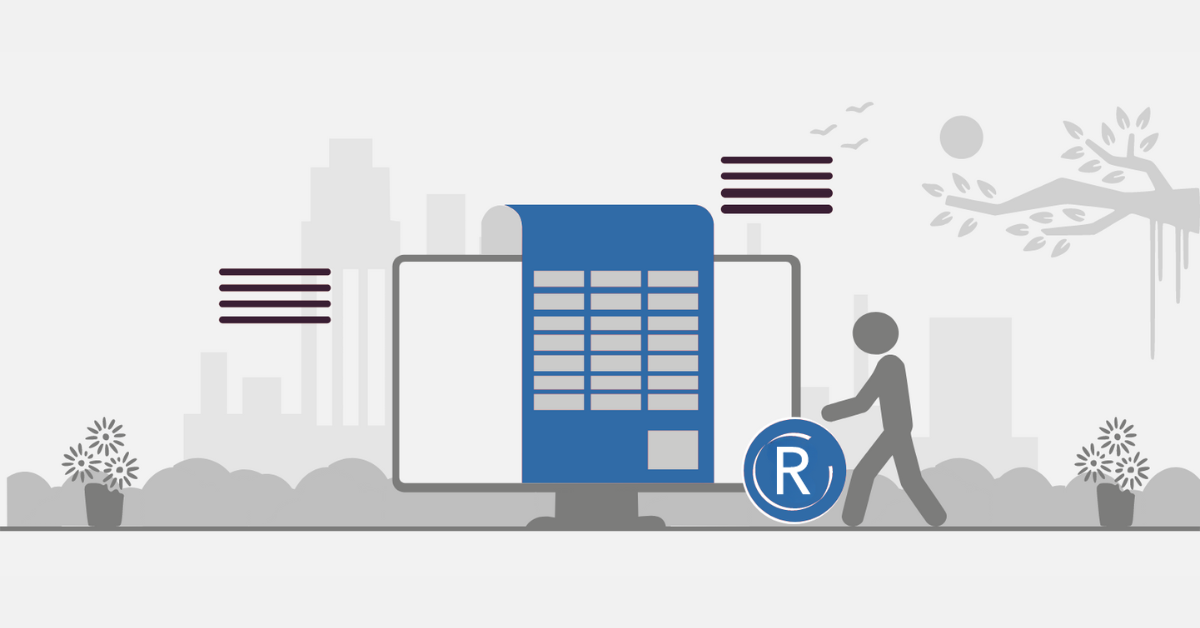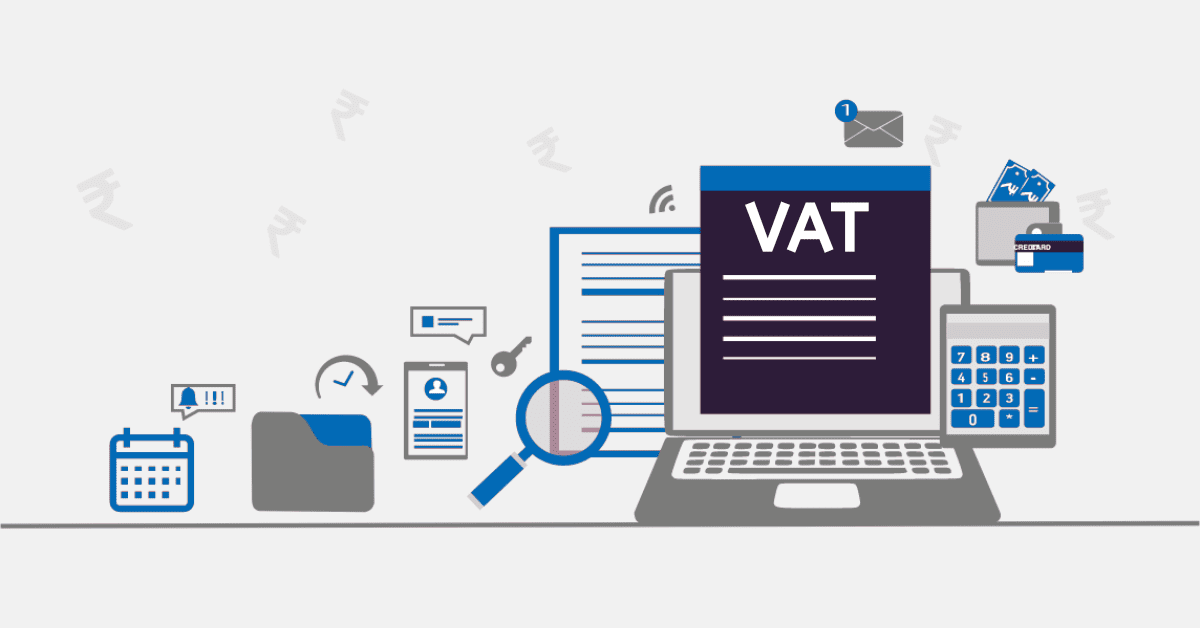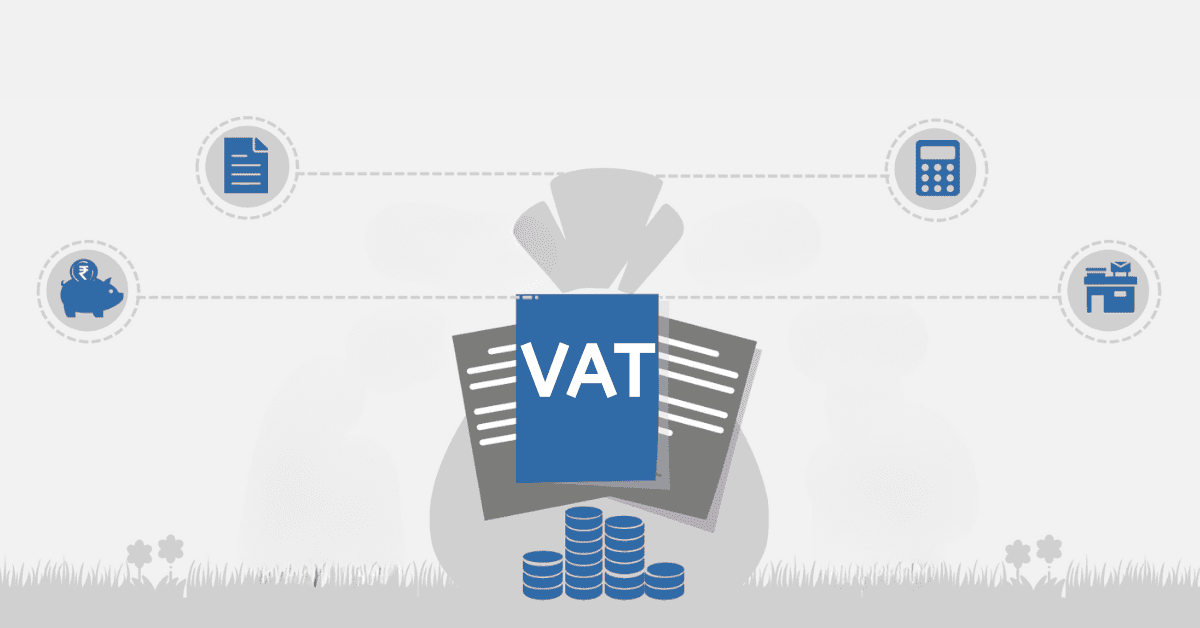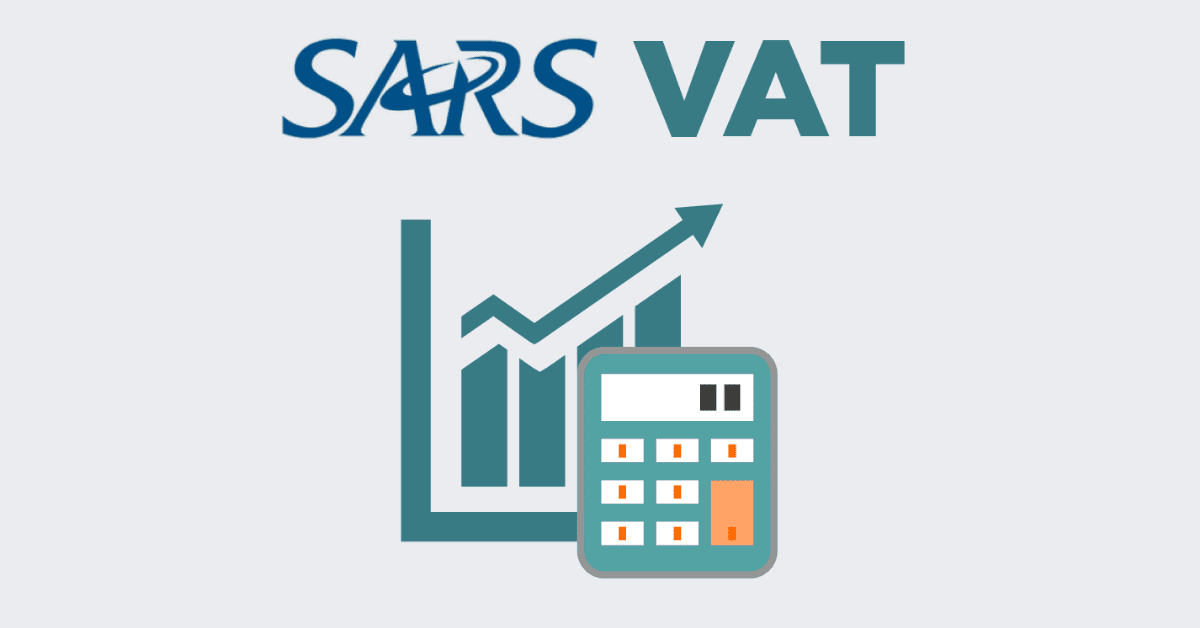Value-added tax (VAT) is known as an indirect tax that is levied on the consumption of different services and goods in South Africa. This tax is paid by registered vendors to SARS, but each individual pays it when they buy various products from retail outlets. However, individuals and businesses can claim VAT under different circumstances. Keep on reading to learn everything you want to know about VAT claims
How Much Does SARS Pay Out Monthly for VAT Claims?
A registered vendor can claim a VAT refund from SARS if they pay more than they should remit. A refund can also be claimed if the vendor is charged more VAT on the acquisition of goods and importation of products than the total amount charged by the vendor on the supply of goods. In other words, if the input tax exceeds the output tax, a vendor can claim a refund.
SARS pays an average of about R22 billion each month for VAT claims. If SARS does not pay the refund within 21 business days, it will be liable to pay interest on the refundable amount. However, due to rising cases of fraud, SARS can suspend the 21 business days if it decides to recalculate the refund.
SARS can suspend the issuance of VAT refunds to vendors under the following circumstances:
- The vendor’s banking details are incorrect
- The vendor has an outstanding tax return
- Incomplete VAT return
- For non-resident vendors, a bank account might be missing
Be sure to provide all the necessary details to avoid delays in getting your VAT refund.
How Long Does SARS Take To Pay Out VAT?
When all your details are correct, SARS will pay your VAT refund within 21 working days of receiving your VAT return. If SARS does not pay the claim without providing valid reasons, it will be liable for paying interest to the vendor.
In the event of your VAT being withheld by SARS, you can only get it after fulfilling the following conditions.
- You’ve provided the correct banking details
- The vendor corrects all the mistakes on their VAT return
- You have submitted all the outstanding returns
- An audit or verification of the fund is complete
If you are selected for verification of your refund, you are required to provide additional documents. If the refund is a result of an erroneous overpayment, you must provide your banking details to SARS within 90 days to make the claim valid.
When you have an outstanding debt, your VAT refund will be used to repay it, and you’ll only get the balance. You can only claim a refund within 5 years from the day of making an overpayment. You can log in to your eFiling account to check the status of your VAT refund application.
How Is VAT Payable to SARS Calculated?
If your business makes a turnover of more than R1 million in 12 months, you should register for VAT to submit returns to SARS. To calculate VAT payable to SARS, you must first add the VAT to your invoices and then subtract input VAT, which includes rent, purchases, electricity, water, and other related expenses. The difference you get is the amount you should pay to SARS.
For example, if you buy a notebook for R3.00 and you resell it for R4, it means you have added R1.00 value to the item. Therefore, the money you should pay to SARS is the VAT on the R1.00. VAT is calculated at the rate of 15%, which implies that the VAT on R1.00 is R0.15.
You can reduce your VAT bill by factoring in applicable expenses to your business. However, if you withhold critical information in a bid to lower VAT, you can face serious legal implications. It is a good idea to enlist the services of an expert to handle your VAT returns to avoid undesirable consequences.
How Does Claiming VAT Back Work in South Africa?
A qualifying purchaser who buys goods and is charged VAT at 15% is eligible to claim VAT back in South Africa. When you export goods out of South Africa, you must submit your claim for a VAT refund when you leave the country or when you export your goods.
You should fulfill the conditions outlined in the Export Regulation. If you are a foreign visitor, you can claim VAT on goods exceeding R250 bought in South Africa but you intend to take them out of the country.
To qualify for VAT, you must meet the following conditions:
- A tourist
- Non-resident of South Africa
- Foreign business
- Foreign diplomat
You can only lodge your VAT refund with the customs authorities at designated points of departure like international airports, commercial harbors, or land borders. You need to present yourself and the goods purchased in South Africa to the Customs and Excise official at the point where you want to leave the country.
Alternatively, you can apply in writing to the VRA official when they are not available at your preferred point of departure. You should know that the goods upon which you want to claim a refund should be exported within 90 days from the date of getting the tax invoice.
You also need relevant documentation to process a VAT claim. For instance, you need a valid passport showing the entry date into South Africa. One must have a tax invoice with the following details:
- Total VAT charged
- Purchaser’s name and address
- Quantity and description of the consignment
- Unique tax number
Note that carbon copies or photocopies are not allowed, so try to get appropriate documentation.
Suppliers of goods and services with a turnover of R1 million are entitled to register for VAT. Vendors can claim VAT if they pay more than what they are required to do. Individuals can also claim VAT in South Africa, which only applies to foreign visitors. When applying for a VAT refund, one should have the correct documentation to support their claim, and they should approach the right office. Without relevant details, your claim for VAT can be declined.
